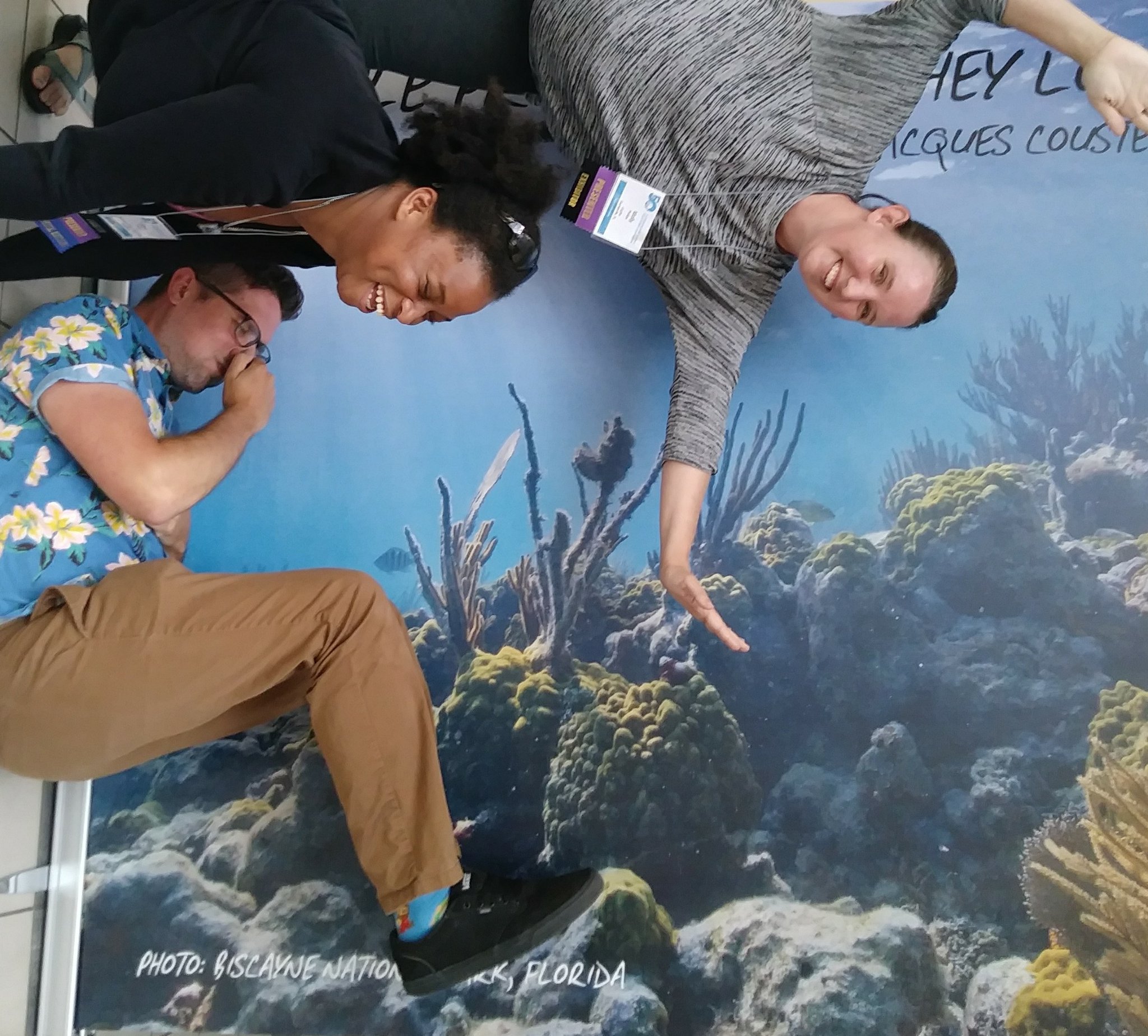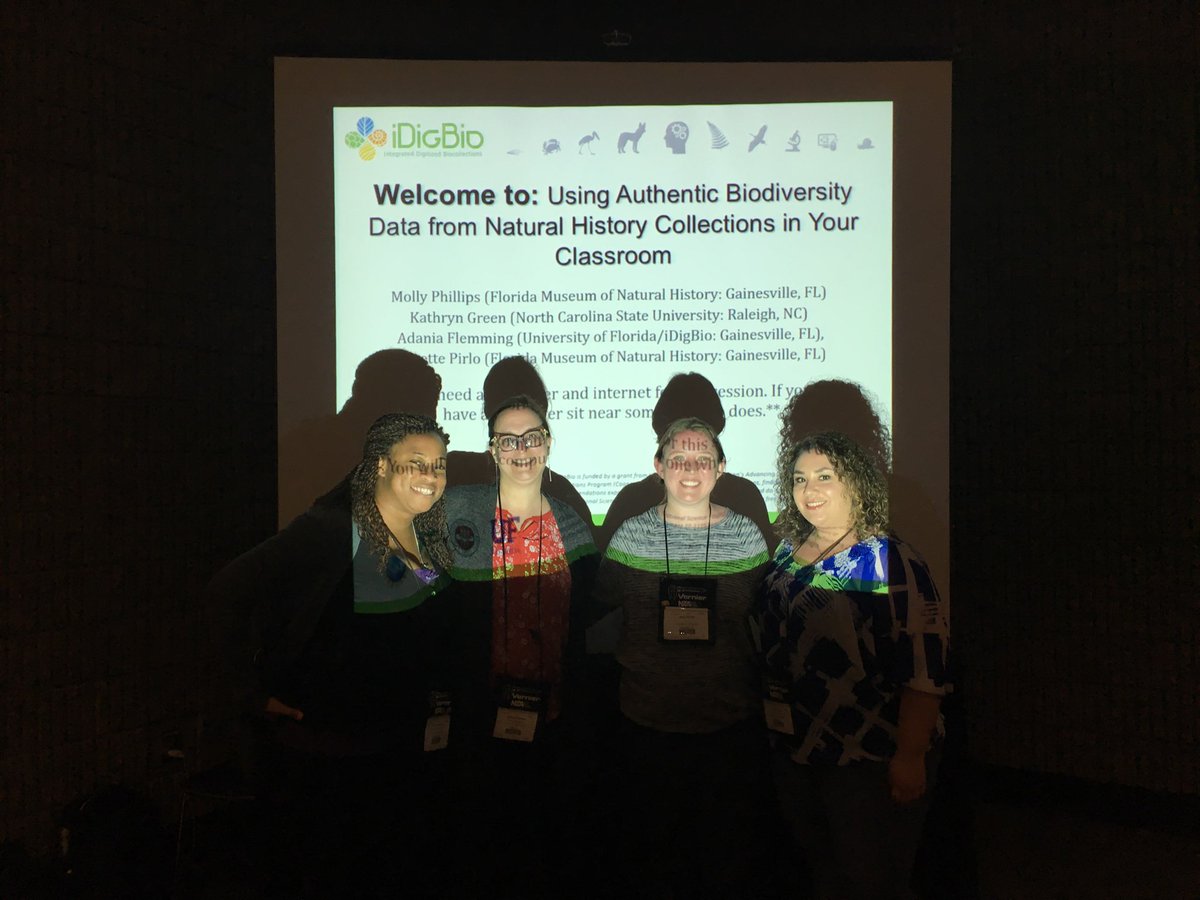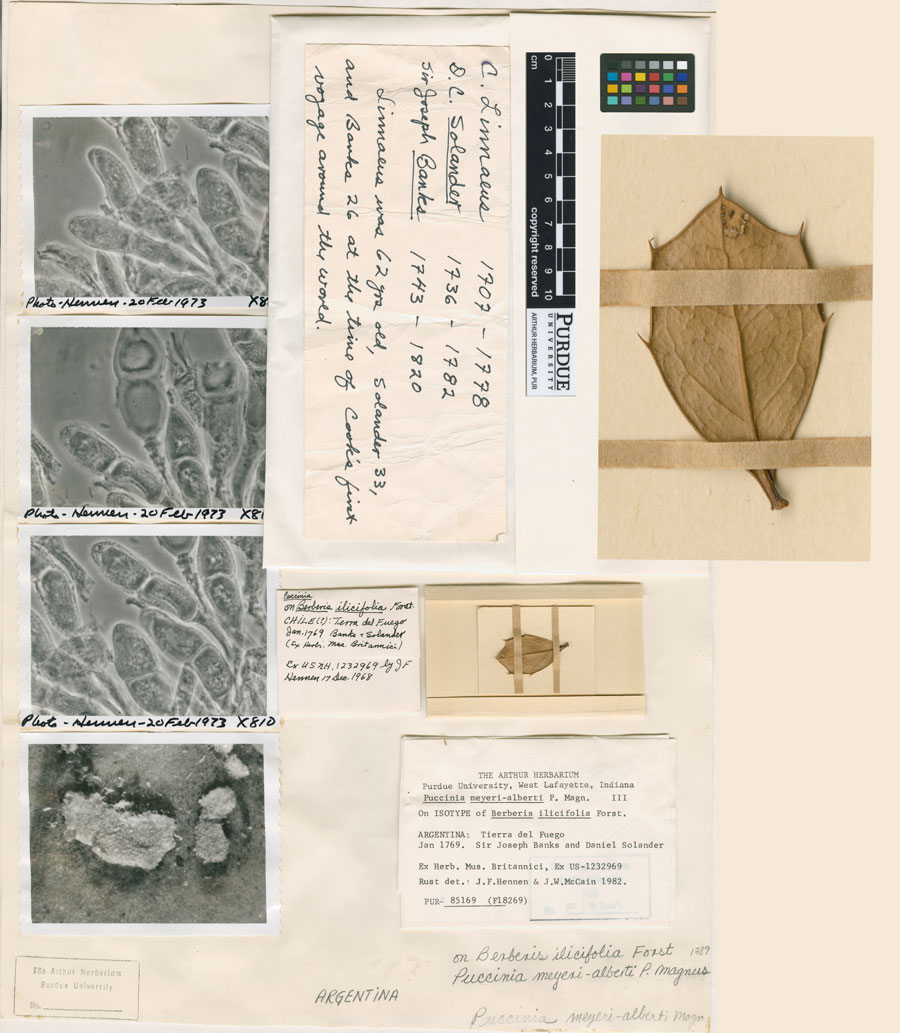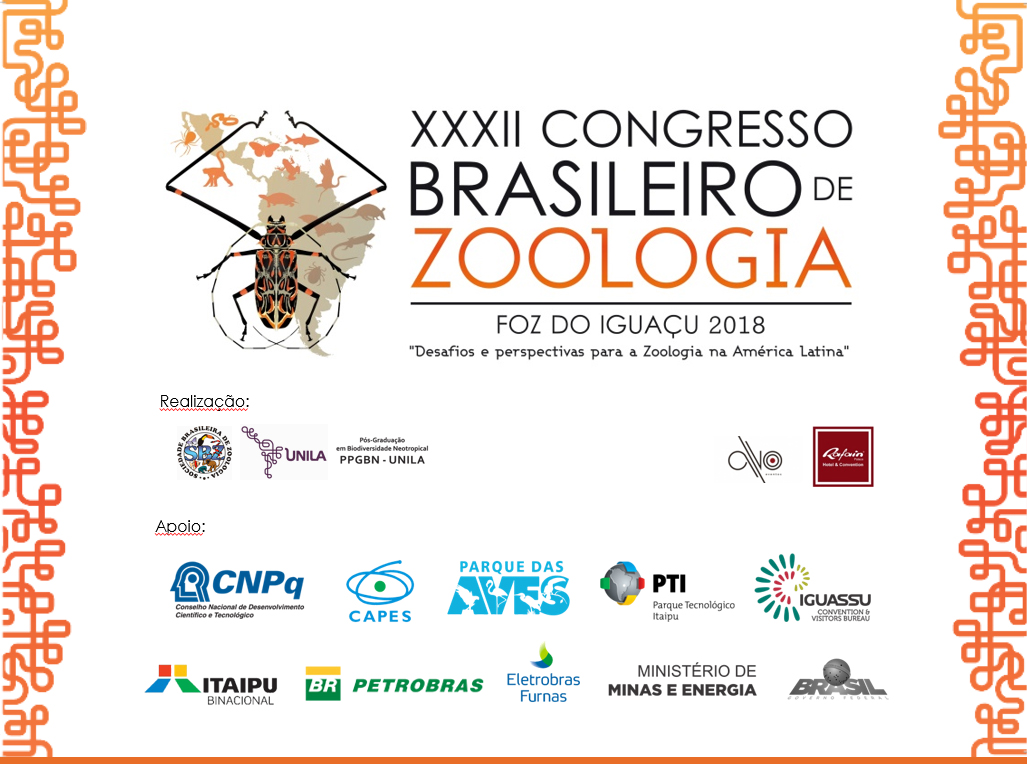Florida Marine Science Educators Conference 2018

Are you an open data champion? The 2018 Ebbe Nielsen Challenge will award up to €34,000 in prizes to the most innovative entries that rely on open biodiversity data or open-source tools from the GBIF network to advance open science.
Between 9 May and 5 September, individuals and teams can prepare tools and techniques that improve the access, usefulness and quality of open biodiversity data and submit them to this open-ended incentive competition. Challenge entries may choose to develop new applications, visualizations, methods, workflows or analyses, or build on and extend existing tools and features like:
Entries should benefit multiple stakeholder groups, among them researchers, policymakers, educators, students and citizen scientists, and an expert panel of jury will judge entries on their openness and repeatability, relevance and novelty. Winners will be announced on 17 October 2018 at the 25th GBIF Governing Board meeting in Kilkenny, Ireland.
The Challenge honours the memory of Dr Ebbe Schmidt Nielsen, an inspirational leader in the fields of biosystematics and biodiversity informatics and a principal founder of GBIF, who died unexpectedly just before it came into being.
The Challenge is open to individuals, teams of individuals, companies and their employees, and governmental agencies and their employees.
The Challenge is not open to:
Entrants must complete the entry form, which provides information about the entry, including:
The judges and GBIF Secretariat staff must be able to
Entrants can prepare and document their entries on any repository or platform they’re comfortable with—GitHub, Dryad, FigShare, Open Science Framework, Jupyter Notebook, or use their own website.
By encouraging entrants to use tools that they are already familiar and comfortable with, we hope that anyone interested in submitting can focus squarely on questions of what, why and how—
The 2018 Ebbe Nielsen Challenge is deliberately open-ended, so entrants have a broad remit for creating tools and techniques that advance in open science and improve the access, utility or quality of GBIF-mediated data. Challenge submissions may be new applications, visualization methods, workflows or analyses, or they build on and extend existing tools and features.
A panel of expert judges from relevant scientific, informatics and technology domains will evaluate submissions based on the following criteria:
The 2018 Challenge is funded in part with the financial support of the Swedish Research Council.
https://www.gbif.org/news/1GQURfK5jS4Iq4O06Y0EK4/2018-gbif-ebbe-nielsen-...
On behalf of the network of national Participants, the GBIF Secretariat is pleased to invite nominations for the 2018 Young Researchers Award. This annual programme aims to foster innovative research and discovery in biodiversity informatics by graduate students whose master’s and doctoral studies rely on GBIF-mediated data.
The 2018 programme will provide €5,000 prizes recognizing the work of two graduate students—preferably, one master’s and one PhD candidate—nominated by GBIF Participant countries.
Award recipients will be selected from the pool of nominees whose names are received by the GBIF Secretariat by 15 June 2018. The winners will be announced just prior to the 25th GBIF Governing Board meeting, to be held in Kilkenny, Ireland, in October 2018.
Candidates must be enrolled in a university graduate programme to be eligible for the award. Candidates must be either citizens of a country participating in GBIF or students at an institution located in a GBIF participant country. Nomination can come either from the country of citizenship or from the country of the candidate’s host institution.
Students seeking nomination must apply to the Head of Delegation of a GBIF Voting or Associate Participant country (see the complete list). National participants are responsible for establishing their own deadlines and processes for receiving and processing student applications. As a result, graduate students who seek nomination should consult the websites of their national GBIF Participants or contact the Head of Delegation or node manager directly.
Student proposals are first reviewed and prioritized at the national level. GBIF national nodes are encouraged to work closely with the academic communities and higher education institutions in their countries and to reach out to relevant university programmes and research groups.
National Heads of Delegation may submit a maximum of two nominees to the GBIF Secretariat to youngresearchersaward@GBIF.org by the deadline for submissions: 15 June 2018. Heads of Delegations must ensure that submissions are complete and include all the elements listed below. Submissions of incomplete proposals will not be considered.
Keep reading for selection criteria packet and other important documents and information here.

Contributed by Adania Flemming and Jeanette Pirlo
 The oldest specimen in the MyCoPortal is housed at Purdue and was collected in 1769 in Tierra Del Fuego at the southern tip of South America. It was collected by the Englishman Sir Joseph Banks and Dr.
The oldest specimen in the MyCoPortal is housed at Purdue and was collected in 1769 in Tierra Del Fuego at the southern tip of South America. It was collected by the Englishman Sir Joseph Banks and Dr.

Contributed by Ana Dal Molin, INCT-Hympar/CAPES postdoctoral fellow at Laboratório de Biodiversidade de Insetos, Universidade Federal do Espírito Santo. All images from Ana Dal Molin
The digitization of natural history collections is time-consuming and expensive, but it opens up new possibilities for science: By merging collection data into global databases and with free access for everyone, researchers can gain new insights.